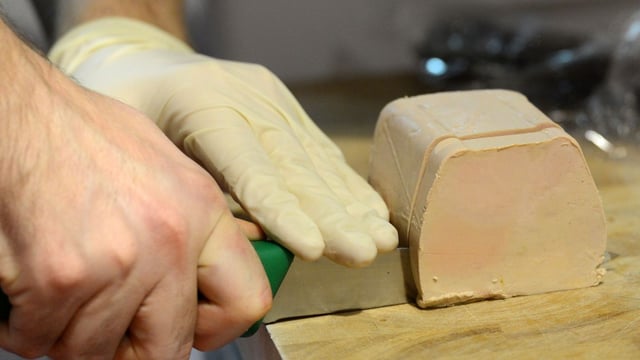Overview
- A German-Danish research team led by Thomas Vilgis at the Max Planck Institute has developed a foie gras alternative that does not involve force-feeding animals.
- The method uses collagen-rich tissues, such as skin and bones, treated with enzymes to replicate the taste and texture of traditional foie gras.
- Researchers have applied for a patent for the process, signaling potential for commercialization in countries where force-feeding is banned.
- The alternative is indistinguishable from traditional foie gras, according to the team, and could be suitable for large-scale production.
- While promising for industrial use, the method is unlikely to replace traditional foie gras production in small-scale farms, particularly in France.
